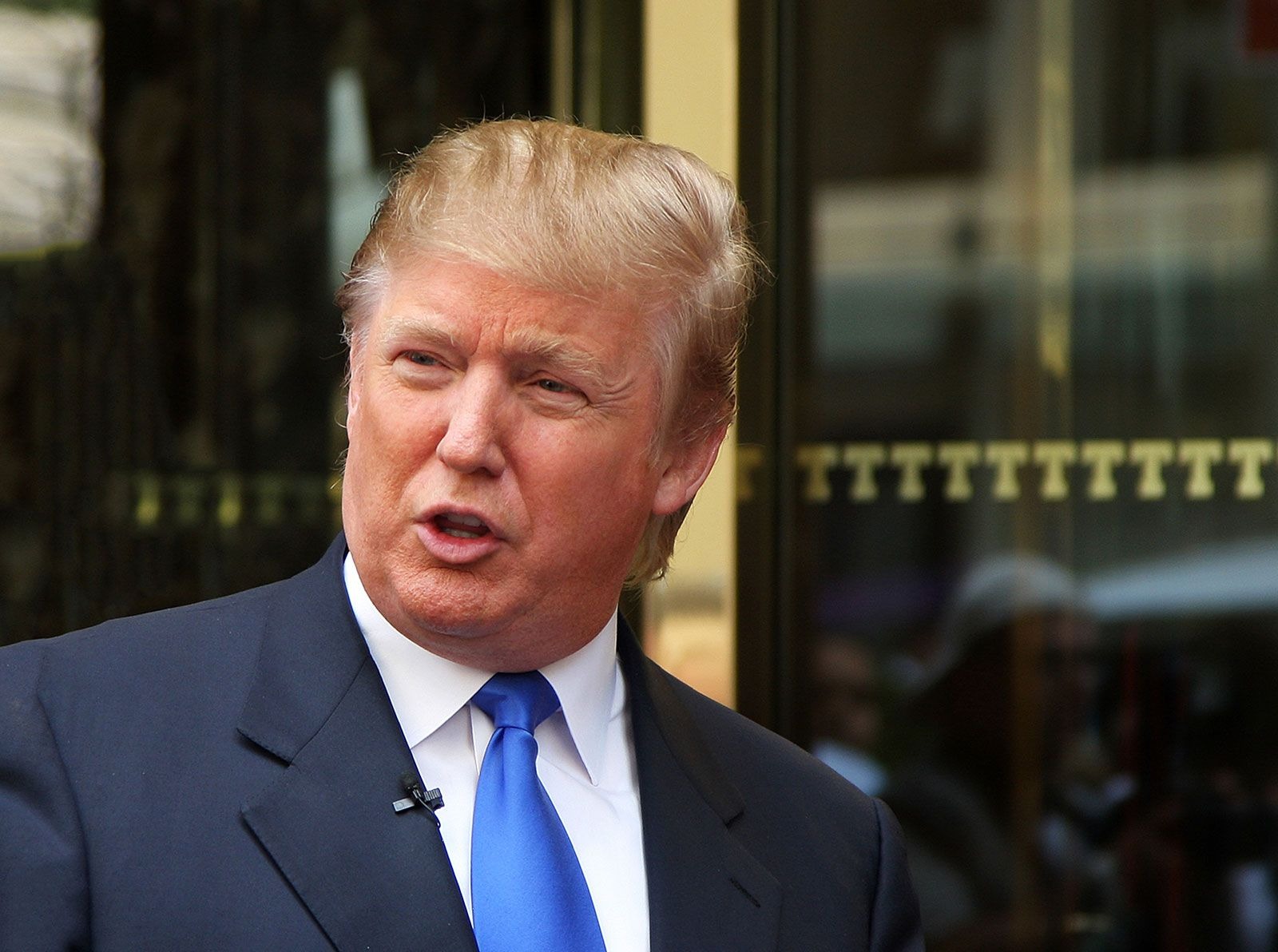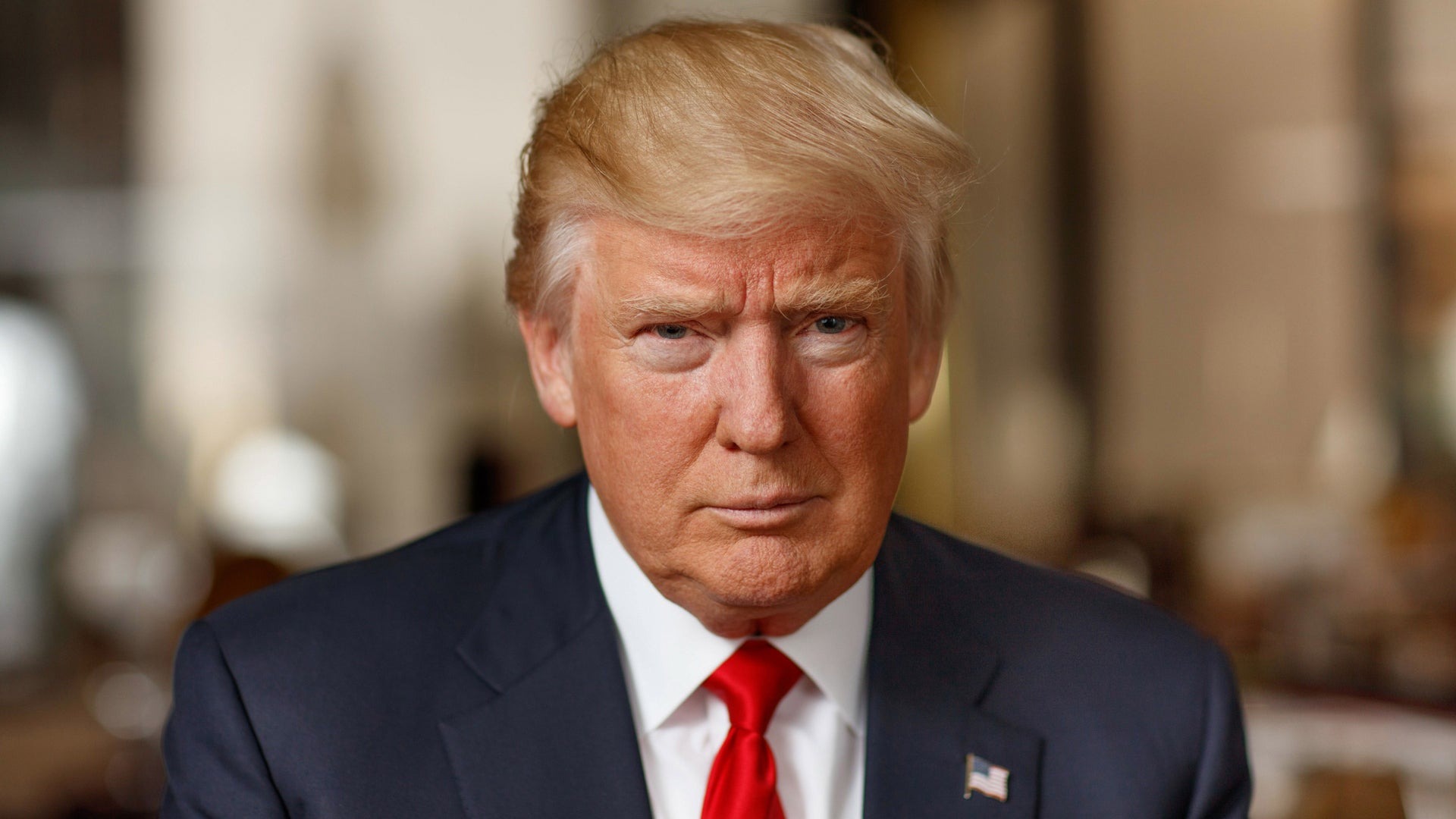This past weekend, Donald Trump, his campaign, and his allies took a remarkable step in intertwining religious rhetoric with political messaging, especially in their critiques of President Biden.
Their efforts peaked with accusations against Biden for his acknowledgment of International Transgender Day of Visibility, a gesture that coincided with Easter Sunday this year.
Additionally, Trump and his allies propagated unfounded allegations that Biden had introduced a new prohibition against children submitting Easter eggs with religious motifs in a White House-sponsored art contest.

Former USA President Donald Trump (Credits: Britannica)
The backdrop to this surge in religiously charged political discourse includes Trump’s recent venture into merchandising $60 Bibles, a move that has sparked a mixture of criticism and disbelief among Democrats and religious leaders alike.
Amid these developments, Trump was particularly active on social media throughout Sunday, directing a barrage of posts at his political adversaries while lamenting his ongoing legal entanglements.
The commencement of this latest controversy traces back to Friday when the White House released a statement in honor of Transgender Day of Visibility.
The proclamation called upon Americans to celebrate the contributions and rights of transgender individuals, emphasizing the collective responsibility to combat violence and discrimination rooted in gender identity prejudices.
Established in 2009 and recognized annually on March 31, this observance has been a consistent feature of the Biden administration’s calendar since Biden took office.
The coincidence of this year’s Transgender Day of Visibility with Easter Sunday, a movable feast determined by the lunar calendar, falling on the first Sunday after the full moon post-spring equinox, added a layer of complexity to the political and cultural discourse.
The convergence of these observances illuminated the ongoing tension between advancing civil rights and maintaining traditional religious celebrations.
Critics argue that such moments reveal a broader cultural and political rift, with some viewing the administration’s acknowledgment of Transgender Day of Visibility on a remarkable Christian holiday as overshadowing or diminishing the latter’s importance.
However, supporters of the administration’s stance highlight the importance of recognizing the rights and struggles of the transgender community, emphasizing inclusivity and the recognition of diversity as compatible with the values of empathy and compassion often associated with religious teachings.

Ex-President Donald Trump (Credits: www.history.com)
Trump’s use of religious themes in his political strategy is not without precedent, but it marks a continuation of leveraging cultural and religious symbols to galvanize support and critique opposition.
The controversy surrounding the sale of Bibles, coupled with the politicization of Easter and Transgender Day of Visibility, underscores the complex interplay between religion, politics, and identity in America’s public square.
As these debates unfold, they reflect broader questions about the role of faith in public life, the boundaries of political discourse, and the ongoing struggle for recognition and rights among marginalized communities.
This episode is a microcosm of the broader cultural and political battles in the United States. Religious symbolism, civil rights, and political allegiance increasingly intersect, challenging Americans to navigate the delicate balance between honoring tradition and embracing progress.























